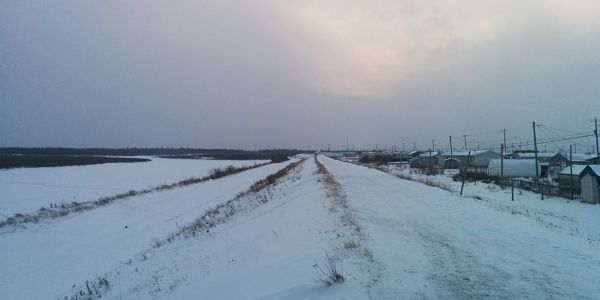The timing and extent of spring flooding in the southwestern James Bay region of northern Ontario is exacerbated by climate change and human-induced changes that have affected spring ice breakup and ice jams, according to University of Alberta geographers who collaborated with a local Cree First Nation on the first study of its kind in the region.
“These human-induced ecological changes have contributed to and created the increased risk of flooding for the Kashechewan First Nation community,” explained Arshad Khalafzai, a U of A PhD student who conducted the research under the supervision of professor Tara McGee.
To better understand spring flooding in the region, the researchers tapped into Kashechewan residents’ traditional knowledge through in-depth interviews, flood mapping workshops, on-site walks and photography.
“The First Nation identified a number of factors it feels have been exacerbated by climate change, including spring flows of the river, increased temperature, unpredictable weather, breakup ice jam events, and issues with safe access to the winter ice road,” said Khalafzai.
Continue reading at University of Alberta.
Image via University of Alberta.


